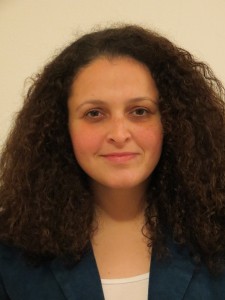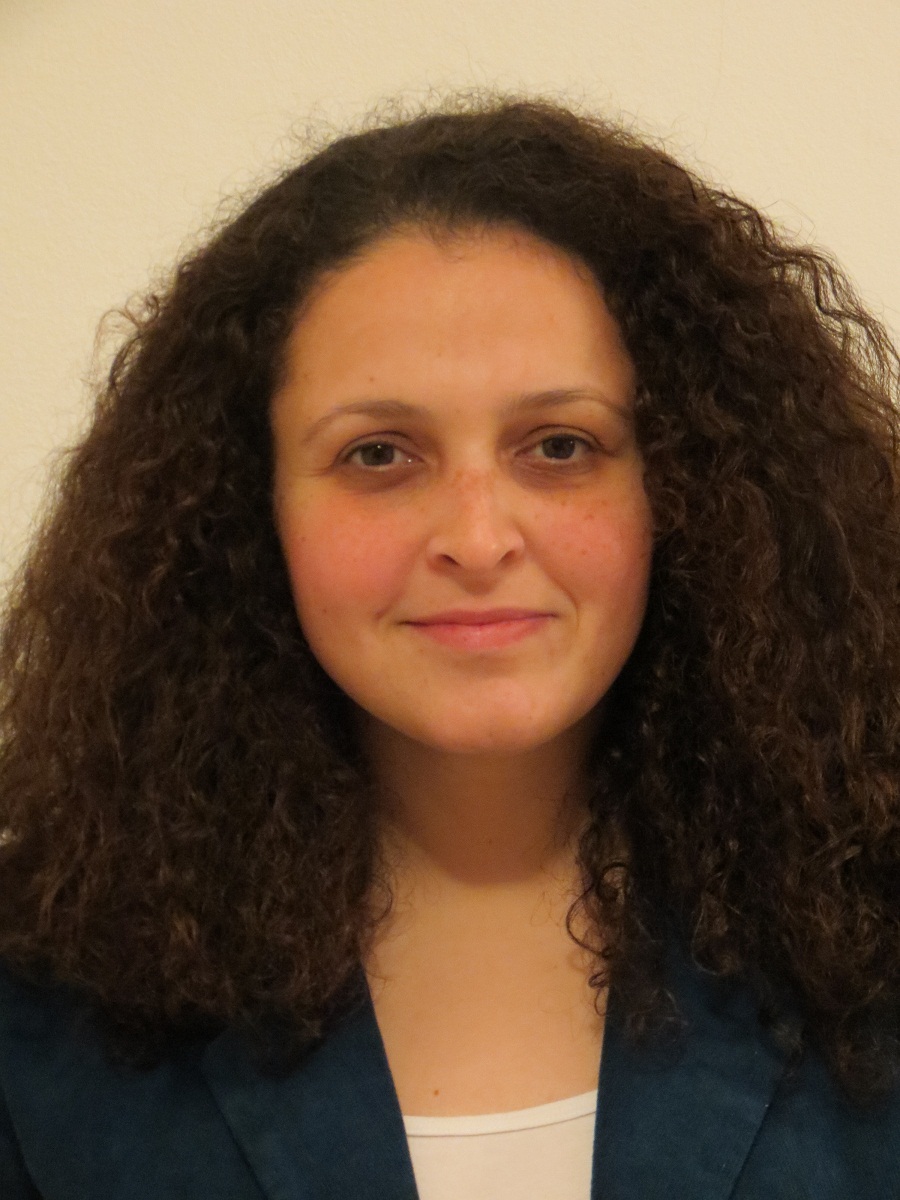 On Friday night in Alexandria, well-known activist Mahienour Al-Masry, together with several others, was arrested after they staged a protest in support for those detained in the latest clashes.
On Friday night in Alexandria, well-known activist Mahienour Al-Masry, together with several others, was arrested after they staged a protest in support for those detained in the latest clashes.
Al-Masry, for those who are not familiar with her work, is one of Alexandria’s top human rights defenders. During the Mubarak era, she was known for staging protests in support of Muslim Brotherhood detainees.
Together with Al-Masry, activist Ranwa Youssef was arrested and sexually harassed inside a police station. Ranwa is married to political activist Youssef Shaaban. On her Facebook page she posted what happened after her release early on Saturday morning, saying: “What’s weird is that they harassed me while my husband was with me…this is the Ikhwani state…they will not break us, police are thugs.”
Photographer Sameh Mashali, a young activist known for documenting clashes, was arrested as well in Alexandria, on the same day but in a different protest. He was beaten first. His fellow protesters say Ikhwan members captured him and beat him before handing him over to the police.
Two Fridays ago, graffiti artists headed to the Muslim Brotherhood headquarters in Moqattam to spray-paint anti-Morsi messages. They were beaten and one of the better-known female activists, Mervat Moussa, was slapped so hard she flew off the ground. The slap was captured on film, riling anger which caused more demonstrations by the HQ last Friday.
The protests took a bloody turn and later last week the Sheikhs of Belal mosque in Moqattam released a statement condemning using mosques in clashes, as the mosque was used by Ikhwan supporters to detain anti-Brotherhood protesters, with many giving video testimonies on how they were tortured inside the mosque. Activist Amir Ayad was found beaten and tortured in a hospital a day later.
Almost a month ago, Al-Masry’s friend and colleague, Hassan Mostafa was arrested after a prosecutor accused him of physically attacking him- slapping him which caused, according to a forensic report, “reddening of the cheeks” of the prosecutor. It’s important to note that Mostafa had with him three lawyers who testified that no one laid a hand on the prosecutor. He is currently in jail awaiting trial.
Mostafa is well-known to the police as he actively participated in almost all demonstrations against the Mubarak regime as well as in support of the Mahalla workers. He was also one of the catalysts of exposing the Khaled Said case, which many considered the spark of the 25 January revolution. Mostafa was arrested after he went with a group of lawyers to check on children who were detained-unlawfully- by the police after clashes broke out.
In February, during clashes by the presidential palace, Mohamed Qorani—known as Christy—was shot dead in the neck and head. Twenty-year-old Christy was the admin of the “Ikhwan are liars” Facebook page.
Three weeks before Christy’s death, during the second anniversary of the revolution, Al-Tayar Al-Shaaby activist Mohamed Al-Gendy was kidnapped and tortured. Twenty-eight year old Al-Gendy was then left at Al-Helal hospital where he remained on life support for several days before meeting his Maker. State forensics tried to forge his report, claiming he died in a car accident.
But with pressure from his family and human rights groups it was reveled that he was kidnapped from Tahrir Square, kept in a CSF camp, tortured for days, beaten and electrocuted. The current Ikhwani Minister of Justice Ahmed Mekki later admitted on TV that the interior minster told him to say that Al-Gendy died in a car accident in his “preliminary report”.
Ibrahim Hanafi, spokesperson of the Free Front for Peaceful Change, was found naked with his hands and legs tied and torture marks all over his body on 15 February. A threating message was found with Hanafi, warning all political activists living in Al-Asher Min Ramadan.
A month ago in Mahlla, political activists Mohamed Gamal, was found beaten, tortured and in a coma before he was transferred to a hospital.
In December 2012, after clashes broke-out by the presidential palace, activist and journalist Al-Husseiny Abu Deif was shot in the head and his camera stolen. The day before his death Abu Deif was tweeting about a meeting headed by Khairat Al-Shater and an investigation he was working on.
Activists are being targeted by the police and the Ikhwan, in ways worse than under the Mubarak rule. The Ikhwan have denied arresting people several time, but with many testimonies surfacing proving otherwise, it’s clear that the Brotherhood has joined forces with the interior ministry in subduing activists.
What the Ikhwan seem to have forgotten is the actions of the police is what brought down the 30-year-old tyrannical Mubarak rule. The fledgling six-month rule of the Brotherhood doesn’t stand a chance against the very angry youths.




